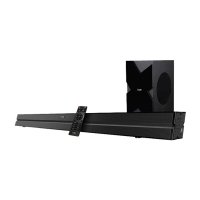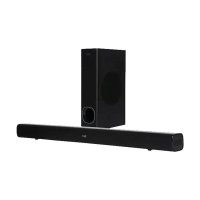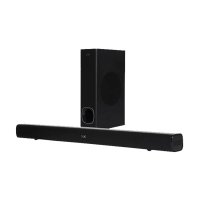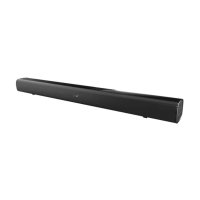How to Fix Bass Issues in Wireless Speakers?
Wireless speakers have become an integral part of our audio experience, providing convenience and portability without sacrificing sound quality. However, one common complaint among users is inadequate bass response. If you find yourself disappointed with the low-frequency output of your wireless speakers, don’t worry! Here are some effective tips and techniques to help you fix bass issues and enhance your listening experience.
Understanding Bass Response
Before diving into solutions, it’s important to understand why bass issues may occur in wireless speakers:
Speaker Size and Design: Smaller speakers may naturally struggle to produce deep bass due to their limited driver size.
Room Acoustics: The environment in which you listen can significantly impact bass performance. Hard surfaces can cause sound reflections, while soft furnishings can absorb sound.
Audio Source Quality: Low-quality audio files or streaming services may not provide the necessary low-end frequencies for an immersive experience.
Tips to Improve Bass Performance
Adjust Equalizer Settings
Most devices and streaming services have built-in equalizer settings that allow you to adjust the sound profile. Boosting the low frequencies can help enhance the bass response. Experiment with different settings until you find the perfect balance for your taste.
Placement Matters
The positioning of your wireless speakers can greatly affect their bass output. To improve bass performance, place your speakers close to walls or corners, as this can amplify low-frequency sounds. However, avoid placing them too close to a wall, as it may cause distortion.
Check for Obstructions
Ensure that nothing is blocking the speaker drivers. Furniture, decorative items, or other objects can interfere with sound waves and reduce bass output. Clear any obstructions to allow for optimal sound projection.
Use a Subwoofer
If you want serious bass and your current wireless speakers fall short, consider adding a wireless subwoofer to your setup. Subwoofers are specifically designed to handle low frequencies, providing that deep bass punch that standard speakers may lack.
Upgrade Your Audio Source
Ensure that you are using high-quality audio files. Low-bitrate files can compromise sound quality, including bass response. Consider using lossless audio formats or high-quality streaming services that offer better sound fidelity.
Keep Software Updated
Regularly check for firmware updates for your wireless speakers. Manufacturers often release updates to improve performance and fix bugs, which can enhance sound quality, including bass response.
Experiment with Different Genres
Sometimes, bass issues may not be solely related to your speakers. Certain genres of music, like classical or acoustic, naturally have less emphasis on bass than genres like hip-hop or electronic. Test different genres to see if your speakers perform better with specific types of music.
Use Bass Boost Features
Many wireless speakers come with built-in bass boost or enhancement features. If your speakers have this option, enable it to experience a richer bass output. Refer to the user manual to understand how to activate this feature.
Consider Speaker Quality
If you’ve tried all the above steps and still find your wireless speakers lacking in bass, it may be time to consider upgrading. Investing in high-quality wireless speakers designed for better bass response can make a significant difference in your audio experience.
Conclusion
Bass issues in wireless speakers can be frustrating, but with the right adjustments and techniques, you can enhance your listening experience significantly. Whether it’s tweaking equalizer settings, repositioning your speakers, or considering a subwoofer, there are plenty of options available to improve bass performance.
Remember, the ultimate goal is to enjoy your favorite music, podcasts, and movies, so take the time to experiment and find the best setup that works for you. Happy listening!



